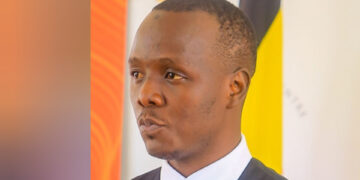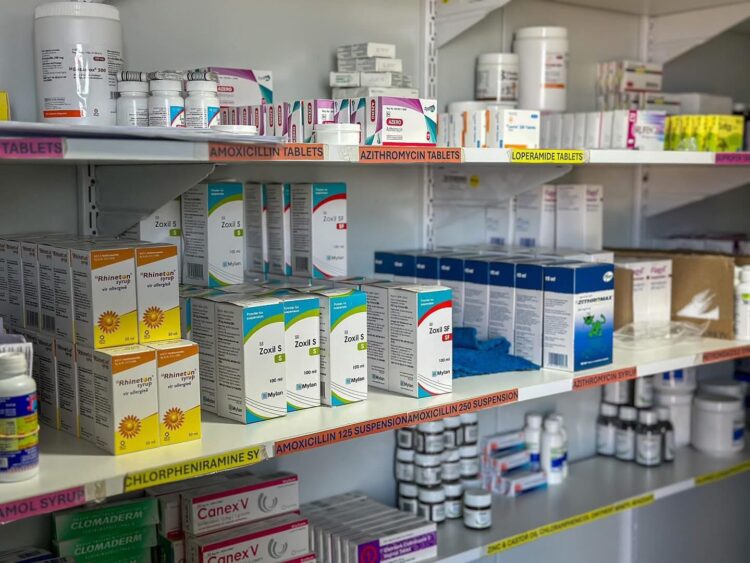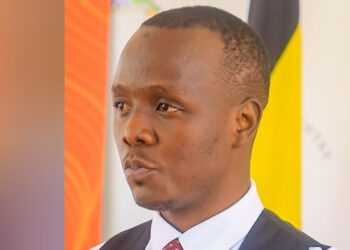By Gilbert Akampa
KAMPALA
Uganda’s Minister of Finance, Planning and Economic Development will today Thursday, June 12, 2025, present the UGX72.367 trillion national budget for the Financial Year 2025/26 during a budget reading ceremony at Kololo Independence Grounds.
The new budget, set to take effect on July 1, will mark the start of the National Development Plan IV (NDP IV), and is seen as pivotal in shaping policy ahead of the 2026 general elections.
 However, civil society organisations and health experts have raised concerns over continued underfunding of the health sector, particularly in the areas of reproductive and mental health.
However, civil society organisations and health experts have raised concerns over continued underfunding of the health sector, particularly in the areas of reproductive and mental health.
According to the approved Budget Framework Paper, funding for reproductive health has been reduced from UGX32.5 billion in FY2024/25 to UGX32.1 billion in FY2025/26. Mental health remains severely underfunded, receiving less than 1% of the total health budget.
“This creates a crisis in service delivery,” said Martin Bakundana (PhD), Executive Director of LEM Mindfulness Ltd, a mental wellness organisation. “The Ministry of Health’s mental health department has fewer than five staff. This clearly shows it is not a priority for government.”
The Civil Society Budget Advocacy Group (CSBAG), on Sunday (June 8), warned that reduced allocations to key health sectors would deepen service gaps.
CSBAG noted a decline in funding for the Uganda National Medical Stores (NMS), from UGX721 billion in FY2024/25 to UGX717 billion in FY2025/26. This comes at a time when the country is grappling with a 32% increase in funding gaps for essential medicines, now estimated at USD478 million, up from USD363 million in FY2023/24.
“This budget decline for NMS is undoubtedly going to impact the distribution of essential medicines and supplies and drug availability across the country,” said CSBAG economist Pascal Muhangi. “With declining donor support, the government must do more to close the gap.”
 Funding for essential medical supplies to national referral hospitals has also decreased slightly, from UGX25.9 billion to UGX25.6 billion. Bakundana noted that institutions like Butabika Hospital are overwhelmed by rising mental health cases, while many regional hospitals lack active mental health wards altogether.
Funding for essential medical supplies to national referral hospitals has also decreased slightly, from UGX25.9 billion to UGX25.6 billion. Bakundana noted that institutions like Butabika Hospital are overwhelmed by rising mental health cases, while many regional hospitals lack active mental health wards altogether.
“This leads to delayed or missed treatment, and pushes people to expensive private facilities,” Bakundana said.
He added that high private healthcare costs disproportionately affect rural and underserved communities who cannot afford services that should be available at public facilities.
“Another offshoot challenge is the high costs of private healthcare providers who take advantage of lack of services available in mainstream government hospitals.”
Despite these concerns, the government maintains that it is committed to improving Sexual and Reproductive Health and Rights (SRHR), and has pledged to increase the modern contraceptive prevalence rate from 30% in 2020 to 39.6% by 2025.
“We also aim to reduce the unmet need for family planning from 17% to 11.5%, and commit to allocating at least 10% of maternal and child health budgets to adolescent-responsive services,” said Dr Richard Mugahi, acting Commissioner in charge of Reproductive and Infant Health at the Ministry of Health.
However, Bakundana says more action is needed.
“Financing MH and reproductive health is a big issue. We need to increase mental health funding to at least 4% of the national health budget. Parliament should also reform policies on rehab facilities and substance abuse or use,” he said.
Despite acknowledging government efforts in raising awareness around SRHR, Bakundana stressed the urgent need to tackle issues such as HIV, teenage pregnancy, suicide, and other reproductive and mental health challenges which remain under-addressed.
“We’ve made progress, but there’s still a long way to go. There have been positive strides, but we can do more together, These health issues must be treated as core budget priorities,” he said.
The budget reading comes at a time of heightened public scrutiny, with stakeholders urging government to prioritize healthcare and social protection in line with national development goals.








































